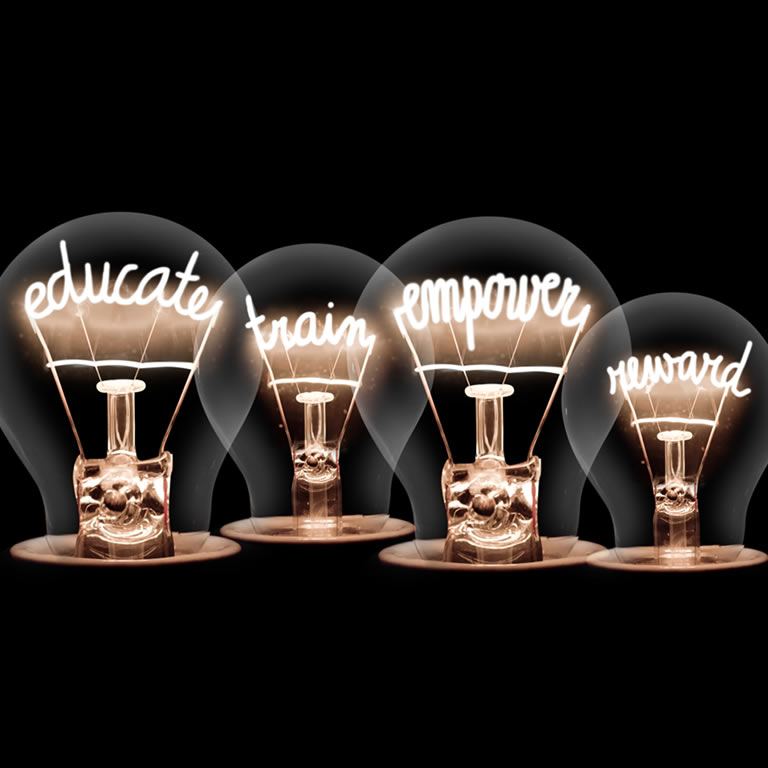Neuro-linguistic programming or NLP as it is commonly known, is a way of changing someone’s thoughts and behaviours to help achieve desired outcomes.
The title, `Neuro-Linguistic Programming’, refers to the view that a person is a whole mind-body system, and that there are assumed to be systematic, patterned connections between neurological processes (`neuro’), language (`linguistic’) and learned behavioural strategies (`programming’).
‘Neuro’ being your brain
The nervous system (the mind), through which our experience is processed through the five senses. how we re-present the outside world to ourselves via our five senses:”
- Visual
- Olfactory
- Auditory
- Gustatory
- Kinesthetic
‘Linguistic’ the language we use with others and how that can influence their thinking and behaviour and our own self talk and how that impacts on our results.
Language and other no-verbal communication systems through which our neural representations are coded, ordered and given meaning. Includes:
- Pictures
- Tastes
- Sounds
- Smells
- Feelings
- Words (Self Talk)
‘Programmers’ are all the unconscious habits we have learned so that we can operate on automatic pilot. For example, we drive a car but we don’t think about what we are doing with our hands and feet.
The ability to discover and utilize the programs that we run (our communication to ourselves and others) in our neurological systems to achieve our specific and desired outcomes.
In a nutshell, NLP is how to use the language of the mind to consistently achieve our specific and desired outcomes.

Who is the founder of NLP?
NLP was established in the 1970s by Richard Bandler and John Grinder in the US who studied models of excellence, that is, people who were successful in all walks of life but particularly in making a difference to other people’s lives through therapy such as Virginia Satir, the family therapist and Milton Erickson, an expert in language patterns.
They found that by extracting all the beliefs these people held, they could come up with a code which when used by other people, brought about great and positive change. Since then, many others have contributed to the growth and development of the field.
And finally, the trail of techniques created through this type of modelling is what is commonly known as NLP.
Richard Bandler defined NLP as:
An attitude and mythology that leaves behind a trail of techniques.” Through modelling this “excellence” by taking on the values, beliefs, behaviors and mental sequencing in people who are “excellent” in what they do, so that you can teach others and use their ways yourself. Thus, NLP is how to use the language of the mind to consistently achieve our specific and desired outcomes.
It can help with self-development, personal and professional growth.
It simply it can help you become a better person. A better leader, a better coach, a better trainer a better parent and a better business owner. So how do you become a better, happier, more confident you?
Here is only a glance at what NLP can help you with as it is probably the number one personal development training that every person can benefit from.
- Are you a business owner, manager, salesperson, coach, psychologist, doctor, parent, teacher, student or somebody that works with others?
- Are you interest in finding ways to improve your communication with yourself and other people?
- Want to learn how to get the most from others in business, education, therapy or in your personal life?
- Want to learn how to get rid of your own, limiting beliefs and other things holding you back?
- Want to increase your confidence as parent, professional working with parents or children?
- A parent who wants to empower their children.
- Want to create success in various areas of your life?
- Want to learn how to learn and retain information better?
- There is so much more NLP can do, but first, let’s understand a bit more of how it works.
Discover a new world through the eyes of NLP.

